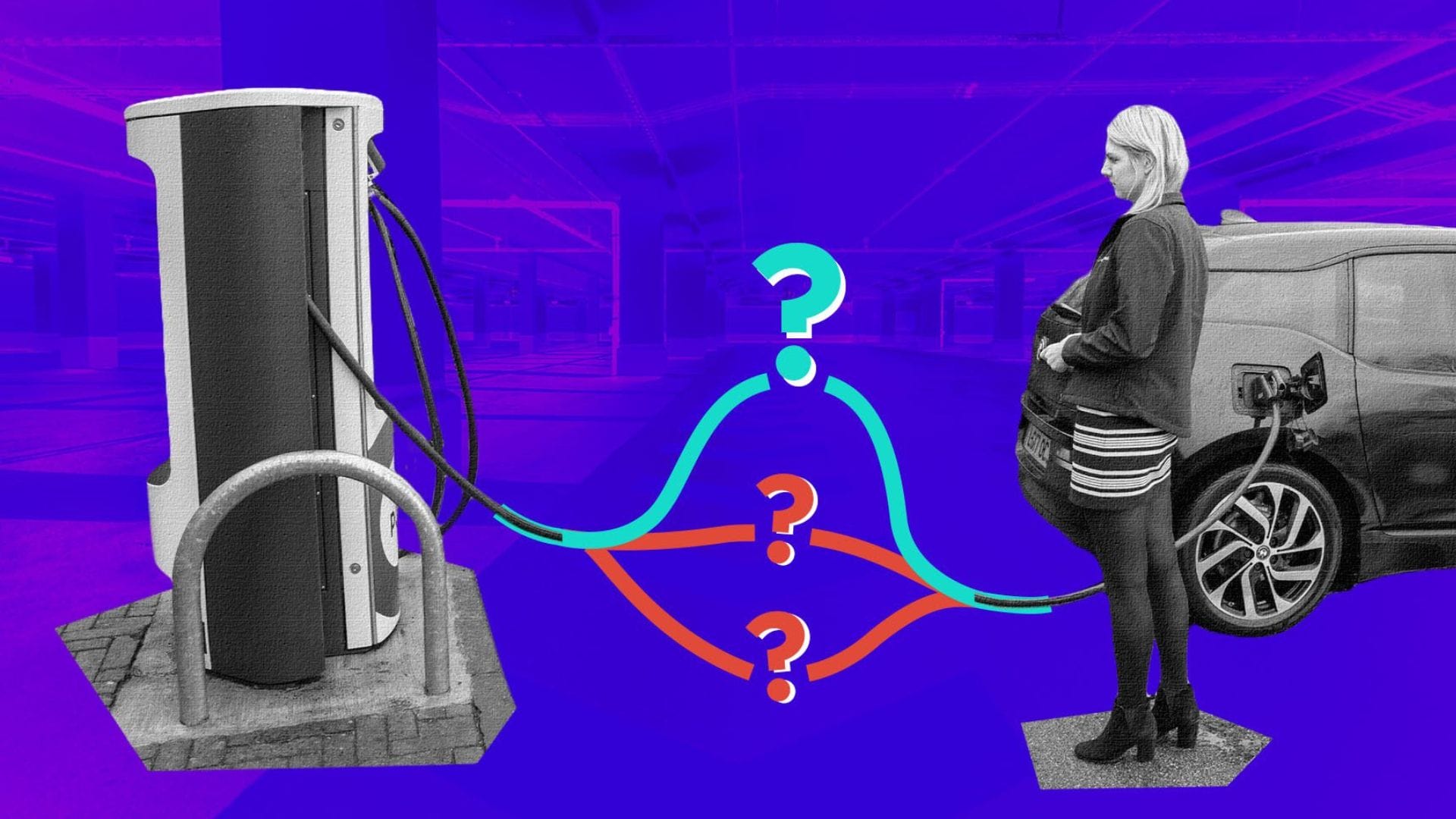Universal ‘plug and charge’ protocol for EVs set for 2025 rollout
Universal Plug and Charge launches in 2025, simplifying EV charging with seamless payment and enhanced security through industry collaboration.

The electric vehicle (EV) charging experience is about to become simpler and more seamless, thanks to a new universal “Plug and Charge” protocol launching in 2025. This initiative, led by SAE International, a consortium of automakers, charging operators, and the Biden administration, aims to remove one of the biggest obstacles to EV adoption: the frustratingly fragmented charging landscape.
EV owners must sign up for multiple apps, authorise accounts, and navigate complex payment systems to charge their vehicles. This new protocol promises a future where you plug your car in, and the system automatically handles everything else.
“You just go anywhere you want, plug in, and it accounts for everything in the cloud,” explained Gabe Klein, Executive Director of the Joint Office of Energy and Transportation.
What is the Plug and Charge protocol?
The Plug and Charge concept is based on ISO 15118, a global standard for EV charging. With this system, once you connect your car to a compatible charger, the vehicle and charging station communicate securely and bill you automatically. There’s no need for apps or extra authorisations.
Tesla has already demonstrated the convenience of such a system with its Supercharger network, which seamlessly integrates with its vehicles. However, Tesla’s model is unique, combining vehicle manufacturing and charging operations under one umbrella.
Other automakers have found implementing this system challenging. It requires agreements with third-party charging providers to ensure compatibility. This new universal framework aims to overcome these hurdles by enhancing the existing ISO standard.
The updated protocol introduces a Certified Trust List, a security measure enabling seamless authentication when you plug in your car. It also supports roaming capabilities, allowing multiple Public Key Infrastructures (PKIs) to work together securely. This interoperability fosters competition among providers while improving user convenience.
Industry collaboration driving the change
This project represents a significant collaboration between automakers, charging providers, and government bodies. Major companies like Ford, General Motors, Tesla, Rivian, Toyota, and BMW, along with charging networks such as BP Pulse, ChargePoint, and Electrify America, are actively participating.
The industry funds the initiative, with approximately $1.5 million already invested. Tim Weisenberger, SAE International’s project manager for emerging technologies, highlighted the collaborative effort: “Nobody’s free riding. Everyone is working hard to make this all work.”
Beyond simplifying charging, the protocol will enable advanced features like bidirectional charging, where EVs can return power to the grid. This could help stabilise energy supplies during peak demand and create a more resilient energy system.
Despite potential political shifts, industry leaders are confident the project will endure. Klein emphasised that market forces drive this change: “The ship has sailed, and market dynamics have taken over.”
This universal Plug and Charge protocol is a step towards making EV ownership more convenient. It addresses technical and security challenges while laying the groundwork for a greener future.
















